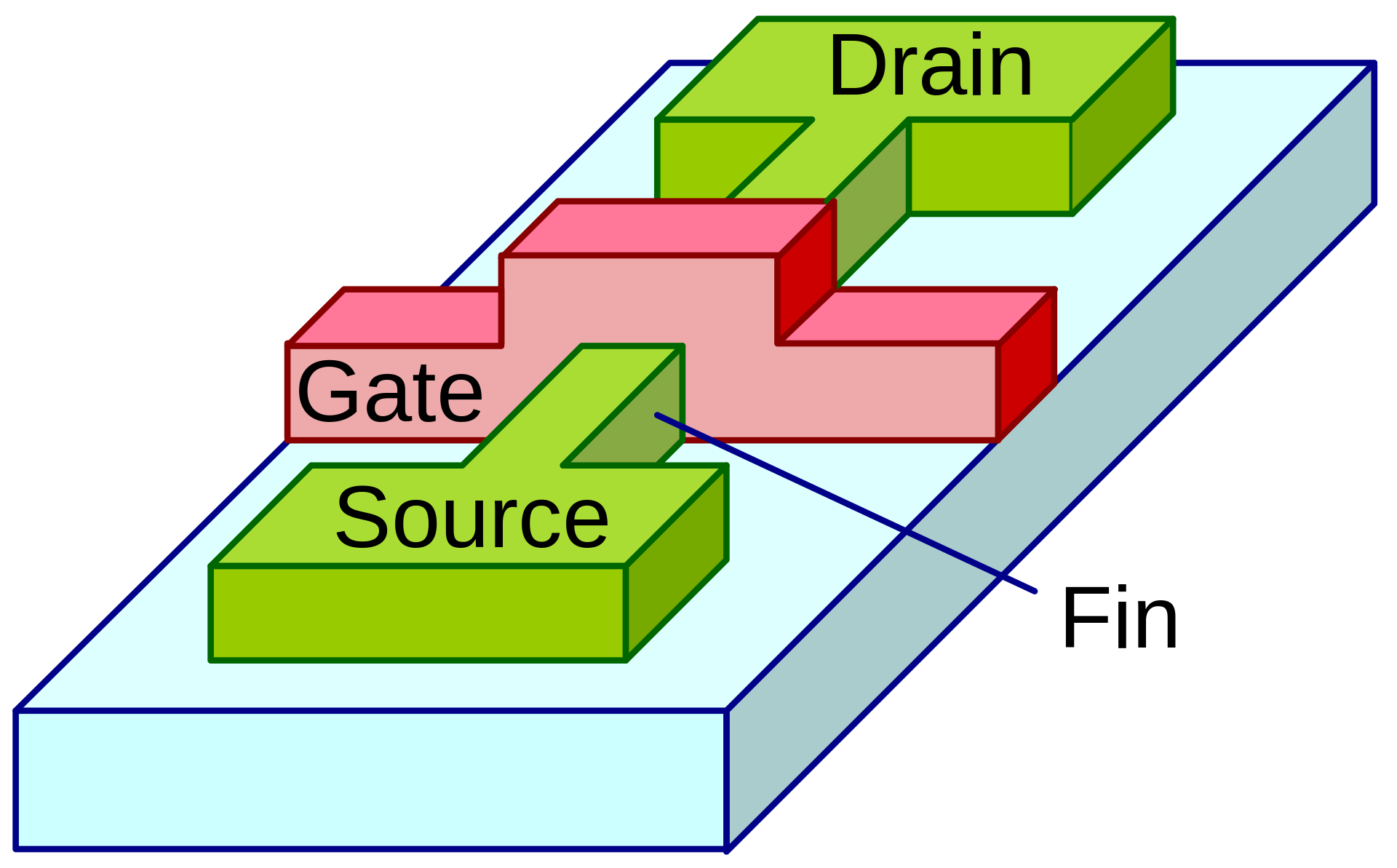Exploring the FinFET Technology

A Fin Field-Effect Transistors (FinFETs) has taken the semiconductor industry by storm. These multigate devices, built on substrates with gates surrounding the channel on multiple sides, exhibit remarkable performance capabilities. Aptly named for the fin-like structures formed on the silicon surface, FinFETs boast faster switching speeds and higher current density compared to conventional planar CMOS technology.
Understanding FinFET Technology
FinFET technology, also known as Fin Field Effect Transistor, is a revolutionary development in the semiconductor industry. It is a type of transistor that features a fin-shaped channel structure, which allows for better control of current flow.
The fin-shaped structure of FinFET transistors provides a larger surface area, allowing for increased transistor density on a chip. This leads to improved performance and power efficiency.
In FinFET technology, the fin structure is surrounded by a gate material, which helps in better electrostatic control. This enables FinFET transistors to achieve higher switching speeds and reduced leakage current compared to traditional planar transistors.
Understanding FinFET technology is crucial for anyone involved in the semiconductor industry, as it plays a significant role in the development of advanced electronic devices.
Advantages of FinFET Technology
FinFET technology offers several advantages over traditional planar transistors. These advantages include:
1. Improved performance: FinFET transistors have better electrostatic control, leading to higher switching speeds and improved performance.
2. Reduced power consumption: The fin-shaped structure of FinFET transistors allows for better control of current flow, resulting in reduced leakage current and lower power consumption.
3. Higher transistor density: The fin structure of FinFET transistors allows for increased transistor density on a chip, enabling the integration of more functionality in a smaller area.
4. Enhanced scalability: FinFET technology offers better scalability, allowing for the development of smaller and more efficient electronic devices.
Overall, the advantages of FinFET technology make it a preferred choice for advanced semiconductor applications.
FinFet and Microscopy
FinFET technology has also made significant contributions to the field of microscopy. Microscopy techniques require precise control of electronic components, and FinFET transistors offer the necessary capabilities.
The small size and improved performance of FinFET transistors make them suitable for integration into microscopy systems. They enable better control of image acquisition, signal processing, and data analysis, leading to enhanced imaging capabilities and improved accuracy in microscopy experiments.
By leveraging the advantages of FinFET technology, researchers and scientists are pushing the boundaries of microscopy, enabling new discoveries and advancements in various scientific disciplines.
The combination of FinFET technology and microscopy has the potential to revolutionize imaging techniques, opening up new possibilities for scientific research and analysis.





